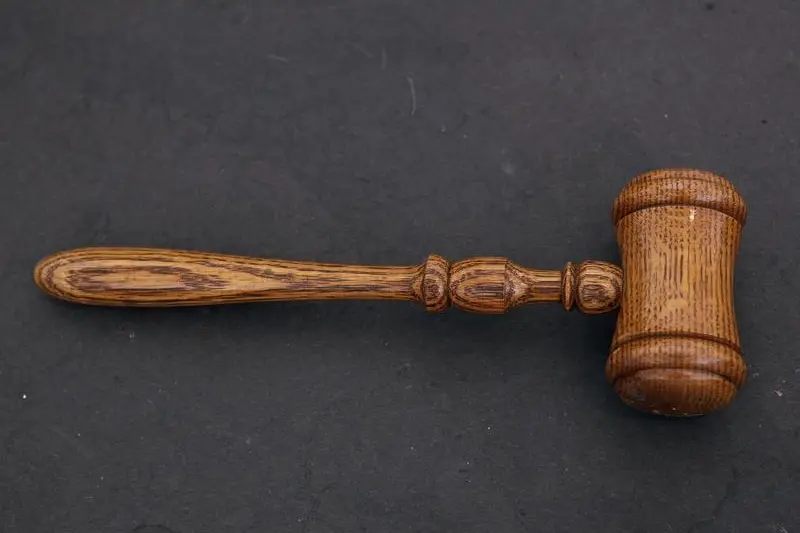PHOTO
Lawyers in England and Wales involved in criminal trials have agreed to vote on ending a long-running strike after the government said it had offered them a new package of reforms and fee increases.
Criminal barristers walked out indefinitely on Sept. 5, refusing to take on new cases after weeks of intermittent action over the summer in a dispute over government funding.
Lawyers who act in criminal court cases say real earnings have collapsed, dropping 28% since 2006, with junior barristers earning a median income of only 12,200 pounds ($13,255) in their first three years, forcing many to give up their career.
The government said the new package would mean a further 54 million pound investment, adding that a planned 15% fee rise for criminal barristers would now apply to the vast majority of cases currently in the Crown Court.
"These are generous proposals, and I would strongly urge all members of the Criminal Bar Association (CBA) to consider carefully, end their strike and work with me to deliver better outcomes for victims of crime," Justice Secretary Brandon Lewis said.
The CBA, which has more than 2,000 members and represents barristers in England and Wales, has previously said it wanted a 25% rise in fees for legal aid work, where government funding helps meet the costs of representation for those who cannot afford it.
The CBA said its members would be balloted on suspending strike action "on the basis of an interim package".
"The details are being discussed with our members," it said on Twitter, criticising the government for issuing a "premature press release".
The government said as part of the proposals the CBA had committed to working to reduce the courts backlog, which already stood at some 58,000 cases before the strike began, partly exacerbated by the COVID-19 pandemic.
($1 = 0.9204 pounds) (Reporting by Muvija M, Editing by Kylie MacLellan)





















